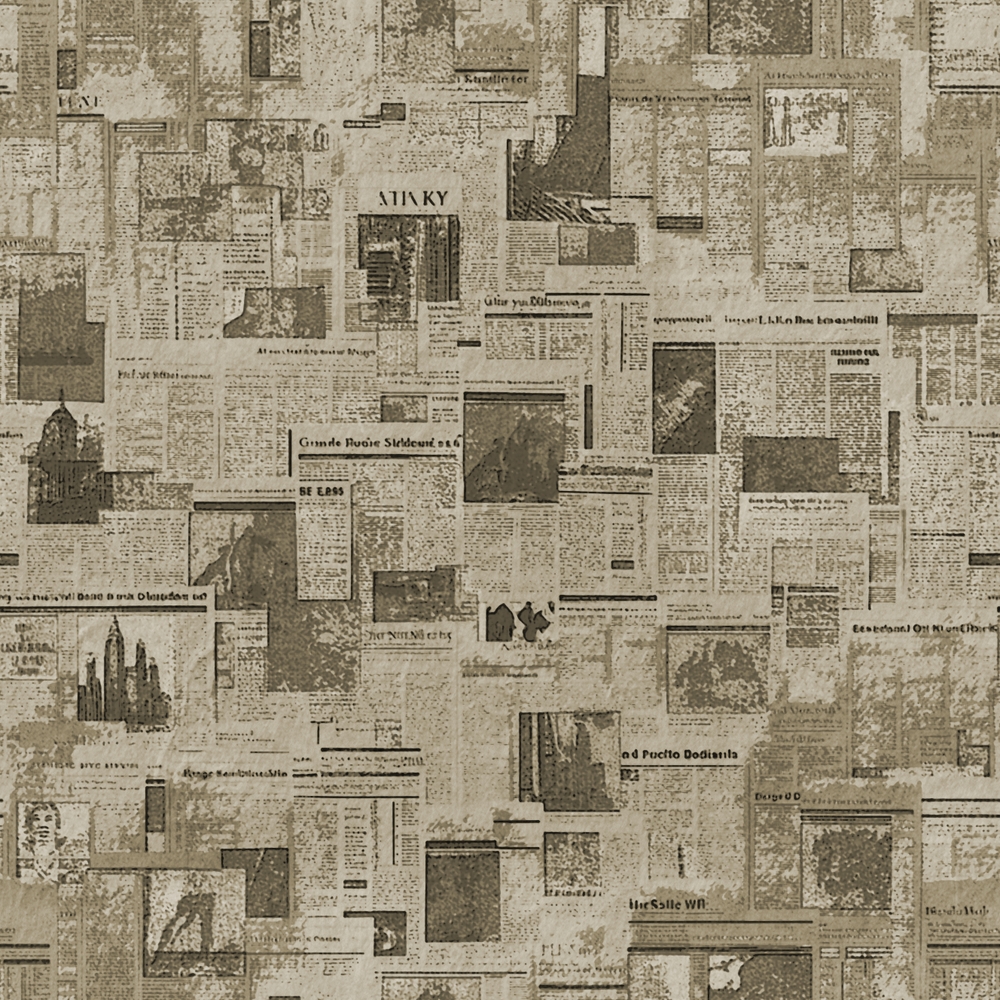Pesach may be the most well-known chag; it is the one we couldn’t be living without. Our slavery in Egypt was necessary for our ever-adapting nation to have a worldly empathy, one which has proven genuinely necessary to improve and innovate, to go through our lives supporting one another, and to look at the globe as something we can strive to improve. Without our slavery, we could not celebrate our redemption, and assure the world (and ourselves) that we are here to stay.
Pesach and Yetziat Mitzrayim go hand-in-hand. But, the focus of the Haggadah could make us question…Were the makkot the catalyst for redemption, or just the tool G-d used? Quite a few pages in the Haggadah consist of conversations from the Talmud, and they don’t all seem relevant to us. Without a base-level comprehension of the miracles of Yetziat Mitzrayim, we will be unable to appreciate the holiday as a whole. Both sedarim are important, and cause us to think of our ancestors. This isn’t some faraway tale. The Jewish People, our people, were slaves in Egypt. They lived as a degraded and disregarded people, and the society’s immorality was entirely disagreeable with them.
Mitzrayim stood for the things the Israelites were taught to hate. Immorality swept through Egypt, concerning all lines of thought. The many false gods were objects and entities which held purpose to the Egyptian way of living, but their worship was never for an entity of honest purity. Many of the makkot were actually disproving these false gods of Egypt, contradicting them one by one. This assured all civilians of Mitzrayim that their immorality would lead to their mortal end.
The makkot were used by Hashem to raise the Israelites from the status of a slave to the status of a royal. The Mitzrim needed to be affected by these plagues. It could not have worked with the Israelites only leaving, without just retribution coming. Therefore, with each makka attacking and disproving a different false deity, all worshippers of Egypt were forced to take notice. Without refuting all ideas of false deities, and nationally recognizing Hashem as the One True G-d, this lesson would not have been learned. It was for the sake of their immorality, that G-d again and again showed His presence.
Egyptian immorality didn’t stop with their borders near Goshen. The Israelites themselves felt the temptation of assimilation before they were slaves. Originally, the Mitzri’s way of dress, action, and lifestyle, seemed to have its appeal. The Mitzrim knew how to capitalize the Nile, and that is the particular facet the first plague attacked. Hashem brought about each of the Ten Plagues with the purpose of recognition. Not just recognition from the nation He redeemed, but from the nations of the world. Other countries of the world looked to Mitzrayim to “lead the way”, and therefore their downfall had to be publicized.
Four of the seven Noahide laws were intentionally transgressed by the Egyptians. Through and through, they had covered all immoral ground. G-d used the makkot to publicize to the rest of the world what happens when you bring yourself so low into physicality, that you lose sight of natural limits. The Mitzrim severely degraded Bnei Yisrael while they were slaves. Ironically, the integrity of the individual Egyptians was incredibly low down as well. Almost as if they were degrading their own human character.
On Pesach, explaining the need for the makkot, could shape our ‘magid’ time, and totally refocus our perspective. All that happened to the Mitzrim was that Hashem never brought about a plague without it being “called for” by their own actions. The story of Yetzias Mitzrayim did not begin on the fifteenth of Nisan, it began centuries before, when the Israelites of Goshen allowed themselves to reason with immorality. This Pesach, let us shed light on the background of context for Yetzias Mitzrayim’s occurrence, so we will never fall short in our moral deeds, and merit a plague falling into our own lives.
Written and submitted by Hindy Gross, a tenth grader who writes Divrei Torah and shares
them on a weekly basis. For more of the Torah she’d like to share, or for feedback on this article, please contact: hgross613@gmail.com



Yehoshua kaszovitz
says:Amen!
Amazing, well written!
Thank you 🙏